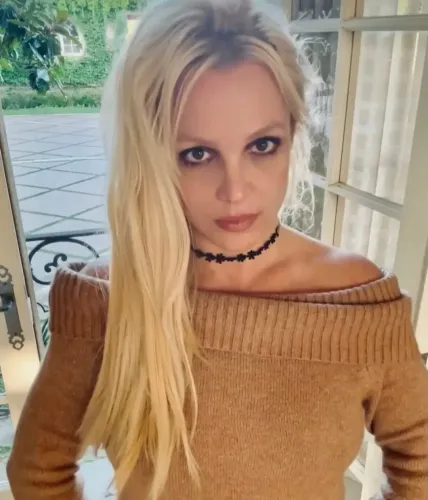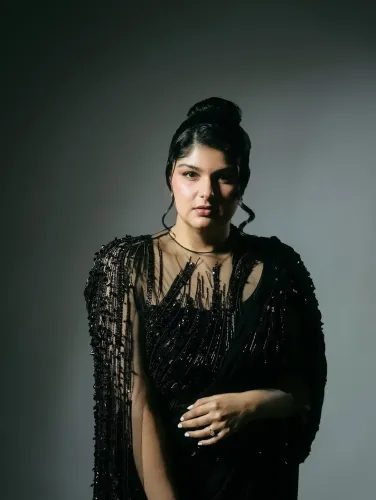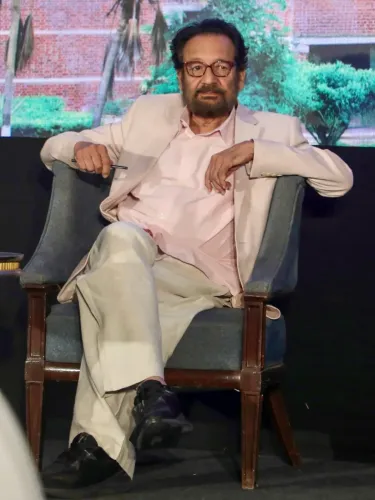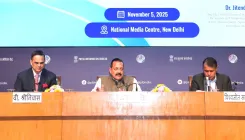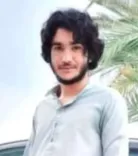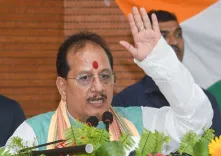Was Zayed Khan’s mother Zarine Katrak Hindu or Muslim? Discover the truth about her faith!
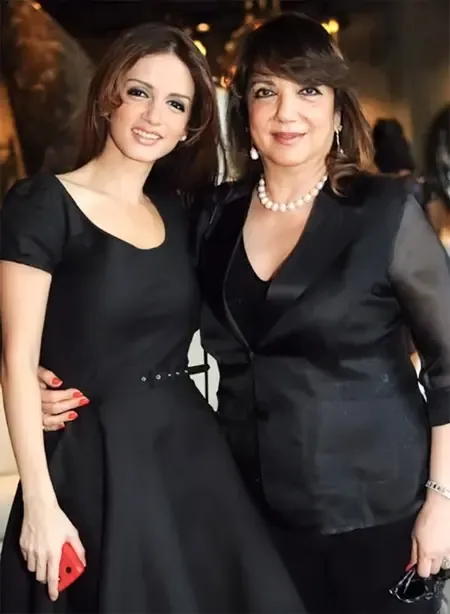
Synopsis
Key Takeaways
- Zarine Katrak was a Zoroastrian.
- She passed away at 81 due to age-related health issues.
- Her love story with Sanjay Khan was highlighted in interviews.
- The cremation process in Zoroastrianism is quite unique.
- Changes in last rites are occurring due to environmental factors.
Mumbai, Nov 8 (NationPress) The faith of actor Zayed Khan’s mother, Zarine Katrak, has been a topic of discussion following her last rites on November 7. In a previous interview with Simi Garewal, Zarine revealed that she identified as a “Zoroastrian girl”.
Zarine Katrak passed away at the age of 81 after battling age-related health issues. Reports indicate that the mother-in-law of Hrithik Roshan had been unwell for some time. She took her last breath at her home in Mumbai on November 7.
In an earlier episode of “Rendezvous With Simi Garewal”, Zarine and her husband Sanjay Khan recounted their love story.
Sanjay expressed: “When I met Zarine, I knew I had found the girl I wanted to marry. I felt at ease. I loved gazing at her face. Those beautiful eyes, her luscious lips... she had the most captivating smile and an incredible figure. She was radiant.”
“She had a hearty appetite, and my mother ensured she enjoyed our meals. She was always by my side, and I felt completely at home with her.”
Zarine shared that she and Sanjay were “total opposites.”
“He dressed in a white shirt, pants, Kolhapuri chappals, and carried a Tolstoy book—very serious and charismatic—while I was the modern Zoroastrian girl in skirts and rock and roll shoes,” she noted.
Regarding the cremation, in Zoroastrianism, this process is known as Dokhmenashini. The deceased's body is placed in a Tower of Silence or Dakhma, an open circular structure where it is exposed to sunlight. Subsequently, birds such as vultures, eagles, and crows consume the body.
However, due to the alarming decrease of vultures in India, Zoroastrians have begun to explore alternative methods. Even the last rites of renowned industrialist Ratan Tata were conducted at a crematorium in Mumbai.


